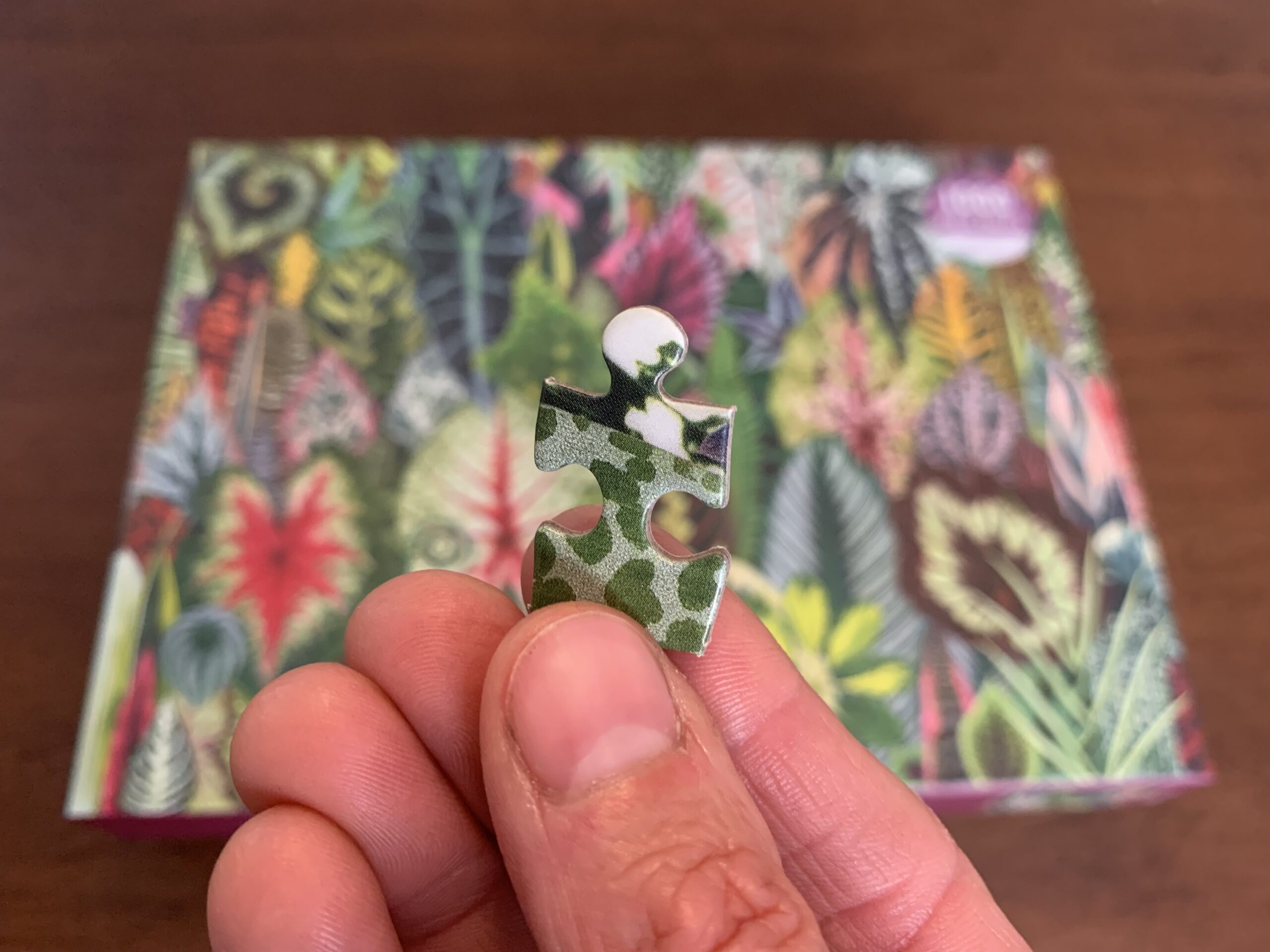Perfectionism is the death of joy. This is the phrase I’ve had stuck in my head all week, and it entered my mind when I was doing the dishes.
I used to spend so much time scrubbing each dish spotless before putting it into the dishwasher. It made perfect (no pun intended) sense to me. “The dishwasher doesn’t scrub my dishes, it sanitizes them,” I would say to myself.
But a few weeks ago, I started to tackle the dishes, and it occurred to me: I’m not perfecting my dishes for me.
The Backstory
In my early twenties, I used to hang out with a woman who examined dishes before she would use them. If someone offered her food, she would check the plate before she agreed to eat. What’s more, if there had been stuck on food, she would talk all kinds of smack about that person’s cleaning habits later. This silliness made me feel so insecure about my own dishes, and I vowed to never let that judgement happen to me.
When I finally realized what was driving my overzealous dish-washing habits, I had to giggle to myself a little bit. That woman is no longer in my life in a significant way. I came to understand a long time ago that she and I didn’t share the same values. But, unfortunately, that judgement did stick.
I’ve since started giving my dishes a quick rinse and happily chucking them into the dishwasher. This has allowed me to add precious time to my day, and to practice allowing space for being imperfectly human. That feels really nice.
My Name is Anna, and I am a Recovering Perfectionist
I am a recovering perfectionist. I say “recovering” because my drive to be perfect is still strong.
Perfectionism is often a shared experience for HSPs. We are sensitive to harsh words, and since the world isn’t built for our neurological differences, many of us have had to endure criticism for being unique.
The truth is, perfectionism is born from shame. A young child under scrutiny will internalize the feeling that something is inherently wrong with them. The belief then forms, “If I achieve perfection, I will be lovable.” This misguided belief manifests into detail-oriented, people-pleasing behaviors, which is almost universally rewarded with achievements and acclaim, thus cementing a way of life for many HSPs.
So, What’s the Problem?
If the type-A, perfectionist way of life produces positive results, what is the problem exactly?
The sad truth is when perfection equals love, and imperfection equals shame, you simply cannot be a wholeheartedly, joyful human.
Being human is messy, flawed, and unmeasurably beautiful. It is through mistakes, fumbles, and letting go that we learn and have space, kindness, and forgiveness within us to fully see ourselves, and the imperfect beauty of life.
Gentle Examination
If when you fumble, you feel shame, like something is inherently wrong with YOU, there isn’t any room for gentle examination.
For example, if a puzzle piece doesn’t fit within the whole of the puzzle, it is simply wrong (shame). But if it belongs to the puzzle, then you can safely take the time to patiently examine how it works within the whole picture. Make no mistake, you have always been, and always will be a right puzzle piece to the whole societal picture, flaws and all.
Letting Go
Letting go of perfectionism will be a life-long journey for me, and that is okay. If I’m not careful, I might try to apply my type-A tendency to tackling perfectionism. Perfectly un-perfectionistic. How high-concept of me.
My natural inclination will likely always be to only attempt something if the predictable outcome is exceptional. But the idea is to notice the behavior and pause to challenge myself anyway.
I’ve noticed that as I’ve challenged myself further and further, I have been able to make many mistakes that have helped me to learn and grow at the skills that please me. That personal growth has allowed me to feel proud and accomplished in ways that have nothing to do with how others see me, but rather with how I see myself.
Imperfect and Wonderful
I am not a perfect partner, parent, friend, writer, editor, gardener, or cook. I am not a perfect anything. Neither are you, and that is absolutely wonderful.
For example, this morning I raised my voice at my daughter. We lost the permission slip to her upcoming field trip, and we both blamed each other. She was crying, and I shouted, “None of this matters! They are going to let you go. I’m chaperoning!”
She was upset, and I was stressed. Rather than comforting her calmly, I raised my voice. I don’t like that, and I wish I hadn’t done it, but I am not perfect. My sensory sensitivity sometimes causes me to get overwhelmed, and I don’t always react like I would like to. I am working on it.
The good news is, my daughter knows my heart. I will tell her that I am sorry when she gets home today, and she will forgive me. She always does. She sees that I am flawed and good. Then, the magic is, she will always know that she can be flawed and good, too.
I hope you have enjoyed reading this article today. If you have, please feel free to explore more of my work. I love when you comment, share, and subscribe. These acts of support and kindness allow me to both spread this message and grow my site. Best wishes to you.



This REALLY resonated with me… so much so, I read it three times🤭
I am always happy to get the email notifying me that you have published again.
Thank-you!
Thank you so much for your support, Darren! It makes me so very happy that you enjoy this site. Warmly, Anna ❤️